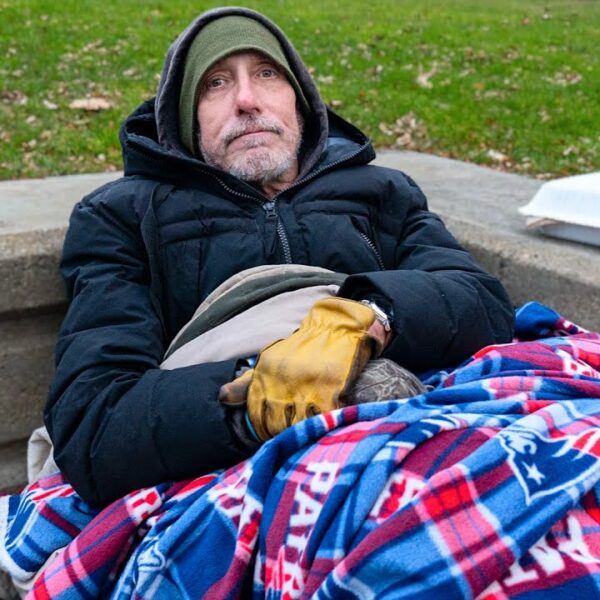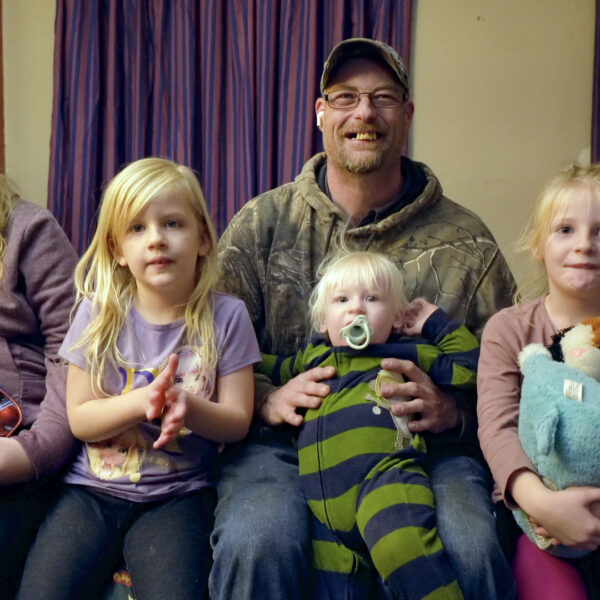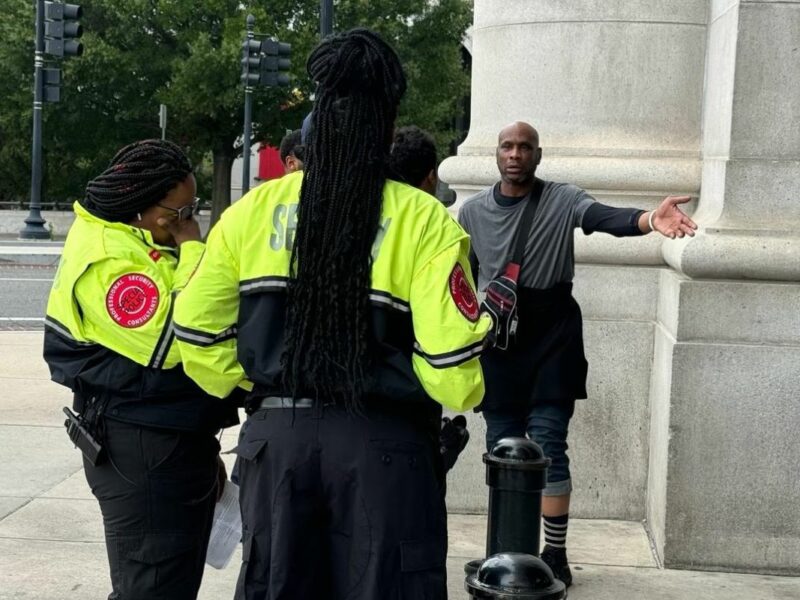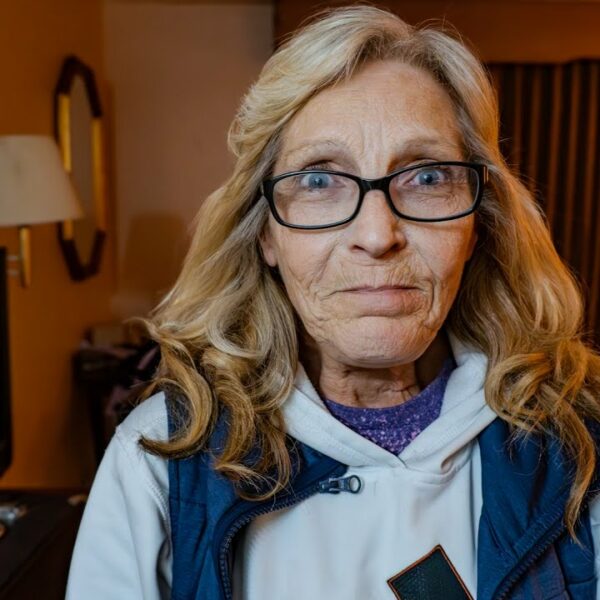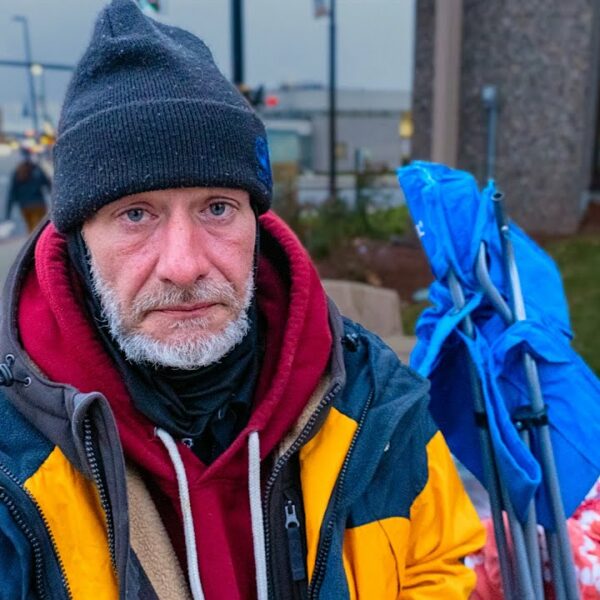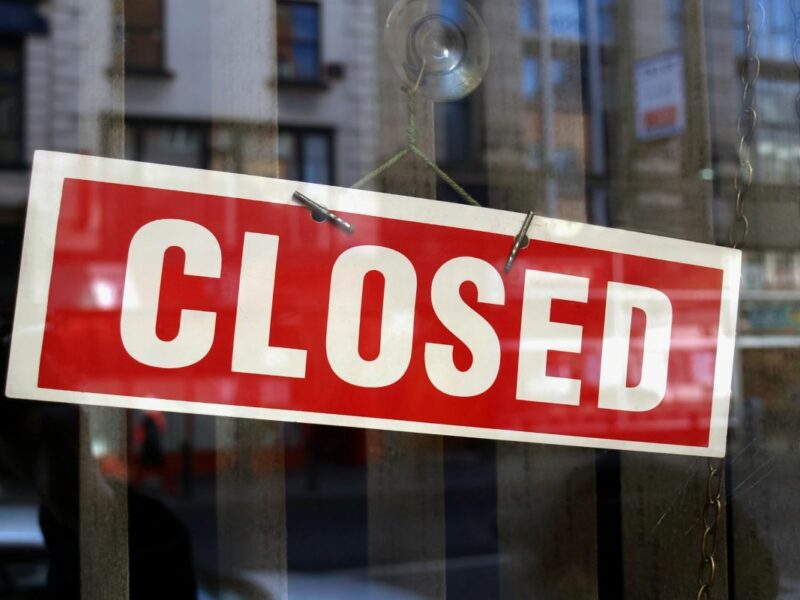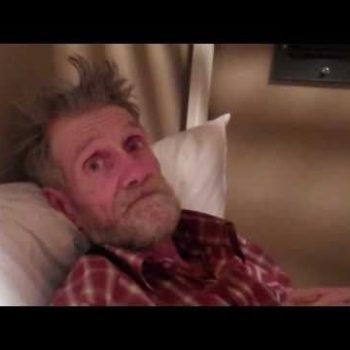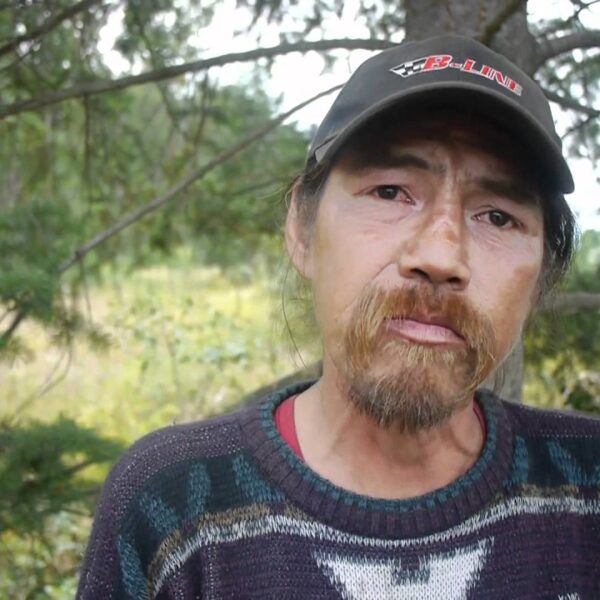The following article contains sensitive reporting regarding the topic of suicide. Reader discretion is advised.
Since Canada’s 2015 decision to legalize assisted suicide, advocates claim medical experts have been doling out “death sentences” to disabled individuals too poor to afford housing and other necessities. Now, there is proof that it’s happening. Does it have broader, global implications? All signs point to yes…
United States of America, 2022
The devastating housing crisis has taken the United States by storm, forcing upwards of 600,000 American adults onto the streets on any night. It’s left approximately 2.5 million children without a safe, stable residence each year.
The US government has attempted to rectify the situation in various ways, from drafting affordable infrastructure proposals and blueprints for prevention to stuffing our fellow human beings into flammable hot boxes, which they loosely refer to as “shelter,” and watching them burn. Sadly, the most popular approach continues to be criminalization, i.e., sending the most impoverished people to the nation’s most thriving for-profit institution – the prison system.
Notorious for being unsafe, understaffed, and overpopulated, America’s horrific prison industrial complex is a well-oiled machine that operates off of cheap labor, effectively lining the pockets of the wealthy with the blood, sweat, and tears of the poor.
As a way of feeding the machine, increasingly, more and more homeless people are winding up in jail. In some cities, like Seattle, for example, as many as one in five people booked into prison are members of the homeless population. Expensive, ineffective, and downright cruel, criminalization seems like the worst possible solution to homelessness at our disposal.
However, Canada has now proven this is not the case. There is an even crueler way to handle homelessness which is as follows – murder in the name of suicide. You read that right.
Reports are rolling in that Canada has taken to murdering their poorest, most vulnerable residents, those who are either already homeless or on the brink of homelessness, by coercing them into killing themselves. Don’t believe us? Here’s the proof.
Canada’s Latest Death by Suicide Victim Admits He Doesn’t Want to Die!
AP News reports that in 2019, the Canadian government approved a request to euthanize a 61-year-old disabled man named Alan Nichols, even though family members opposed the action. One family member claimed that Nichols didn’t wish to follow through with the suicide and had pleaded with his brother to “bust him out”, (presumably out of the hospital where he was staying).
Even as concerns and questions arose, the Canadian government followed through, leading the panicked elderly patient into the machine of death without care. Alan’s brother, Gary Nichols, later lamented that his brother was “basically put to death.”
An eerily similar event has garnered the attention of housing advocates. A man named Les Landry was recently approved for “medical assistance in dying” for similar reasons. Only he claims the looming prospect of becoming homeless drives his fear.
“I don’t want to die, but I don’t want to be homeless,” Landry told his doctor in a statement reported by Daily Mail.
The doctor responded to Landry’s proclamation by giving his death-by-suicide application a great, big seal of approval. If a second doctor follows suit, Landry will die, and he will not be alone in the process.
In 2021, approximately 10,000 Canadians opted to participate in the dystopian death sentence MAID, which stands for medical assistance in dying. That number is ten times higher than the number of willing (or perhaps more accurately, coerced) participants the program had in 2016.
It’s strange how the solution to poverty quickly transitioned from prison to death. Could the same thing happen in the US? The unsettling answer is likely yes.
Shouldn’t the Solution to Poverty be Something, Anything, Other than Death?
Medical assistance in dying has been legal since 2015, with some provisions. According to teleSUR, before 2021, the program was only accessible to patients who were terminally ill. In 2021, the legislation was tweaked to remove that clause and open the program up to people who were too impoverished to live.
Twitter user @AmandaAchtman wisely notes that we have seen this behavior before, as conducted by Nazis in the 1940s. According to her, Nazi loyalists devised a chart showing how much money they would save if people with disabilities were prevented from living for ten more years. In the same vein, Canada’s Parliamentary Budget Officer distributed data projecting that medical assistance in dying (otherwise referred to as assisted suicide) would cause a “reduction in healthcare costs” across the board.
Is Murder More Profitable than Prison for Capitalistic Governments?
As noted at the beginning of this article, the more than 130 pieces of legislation currently being used to imprison homeless people are an enormous source of profit for the government and the corporate elite. The opposite is true for taxpayers, by the way. Criminalizing homelessness is a massive expense for people who pay taxes.
The question becomes, which is more profitable? Also, and more importantly, will it matter?
All things being equal, power is arguably much more valuable than money.
Social media influencer and notable political commentator Rizza Islam made the following thought-provoking observation about money and power in this YouTube short. According to him, Presidential Advisor Zbigniew Brzezinski made the following statement to President Jimmy Carter. He said, “In earlier times, it was easier to control a million people than to physically kill a million people. But in today’s time, it is infinitely easier to kill a million people than it is to control them.”
Language is Already Shifting in this Dystopian Direction
As early as 2019, the most common linguistic description of suicide was the expression “commit suicide.” However, in 2020, that language shifted, serving as an eerie prelude or, at the very least, a convenient narrative. The language surrounding this topic shifted during the pandemic (incidentally, right around the time when people started taking more notice of homelessness). Today, the term considered most politically correct when describing suicide is “death by suicide.”
This subtle shift in language removes the verb “commit,” which is actually a pretty big deal.
What happens when we remove the verb from a horrific event like suicide? Well, it’s the same thing that happens if we remove the action from a horrific event like murder. If we stopped saying that murder was committed and instead began saying murder transpired or we just mysteriously announced that someone experienced death by murder, we would subliminally be less likely to start searching for the killer.
Why? Because without an action word inserted, the phrasing suggests that there was no killer, that murder is just something that happens as if it is part of a natural process. Likewise, if we stop saying that people are committing suicide and instead imply that deaths by suicide just happen, people will be much less likely to start looking for the aggressor. This is awfully convenient if the aggressor is the government and if they are mass-manufacturing death devices and convincing impoverished people to step inside.
You don’t have to take our word on this matter. Dictionary.com went to great lengths to explain their stance in replacing the term “commit suicide” with the vaguer, more socially accepted expression “death by suicide” in 2020. According to them, they altered 20 entries to reflect the new language for the following reason:
“The expression committed suicide is considered problematic, as it implies the act of suicide is a crime (as it historically has been).” Did you ever notice how once a government starts controlling something, it stops being considered a crime (even if it historically has been)?
Talk to Your Legislators About Steering Away from Criminalizing Homelessness by Making Housing a Human Right
The natural progression of the current political direction is evident. If we continue to criminalize homelessness, it won’t be long before our government is “doling out death sentences,” too. Talk to your legislators about moving away from criminalization by drafting laws that make housing a human right.
If you or a loved one is experiencing suicidal thoughts, please contact the National Suicide Prevention Lifeline at 1-800-273-8255.



